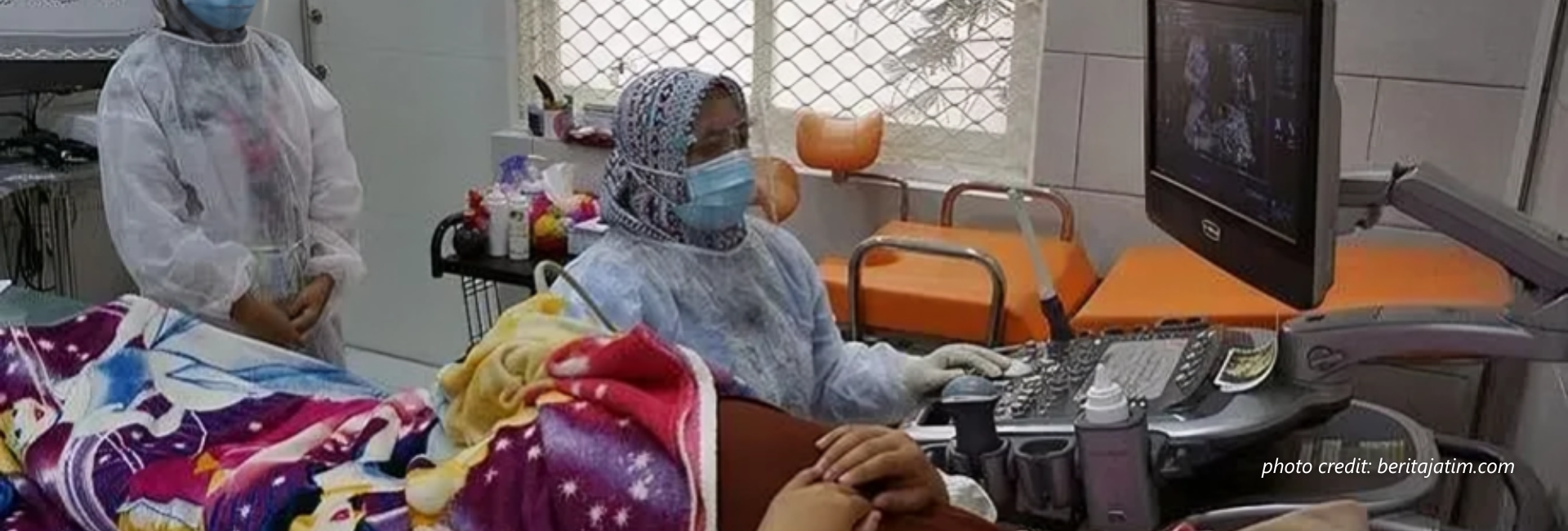From this study we found that, while JKN indeed protects the insured, poor pregnant mothers and newborns from direct medical cost, they still experience significant indirect costs to access the MNCH services. The indirect costs include transportation cost, meal expenses for the patient and the accompanying persons in the case of hospitalization, other consumables at the healthcare facilities, as well as illness-related income loss. As the scheme for the poor in JKN still faces mistargeting problem, the uninsured poor suffer from a considerable financial burden as a consequence of all direct medical and indirect costs in times of pregnancy, delivery, and postnatal cares. Those substantial OOP expenditures may force poor households to withdraw their savings or sell their assets—things that, in the short run or in the long run, can affect their economic status.



